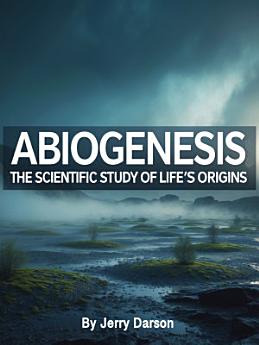Abiogenesis: The Scientific Study of Life's Origins
About this ebook
The concept of abiogenesis has evolved significantly over time. Early beliefs about the origin of life, such as spontaneous generation, suggested that life could emerge from non-living matter under certain conditions. However, as scientific understanding progressed, the theory of abiogenesis took form. Modern research proposes that life began through a series of chemical reactions and environmental conditions that fostered the creation of complex organic molecules, which eventually led to the first self-replicating molecules.
The study of abiogenesis is heavily interdisciplinary, drawing from fields such as chemistry, biology, geology, and astronomy. Understanding how life could have originated on Earth also has implications for the possibility of life elsewhere in the universe, which has sparked interest in astrobiology. Scientists speculate that similar processes could occur on other planets with the right conditions, making the search for extraterrestrial life a key focus of ongoing research.








